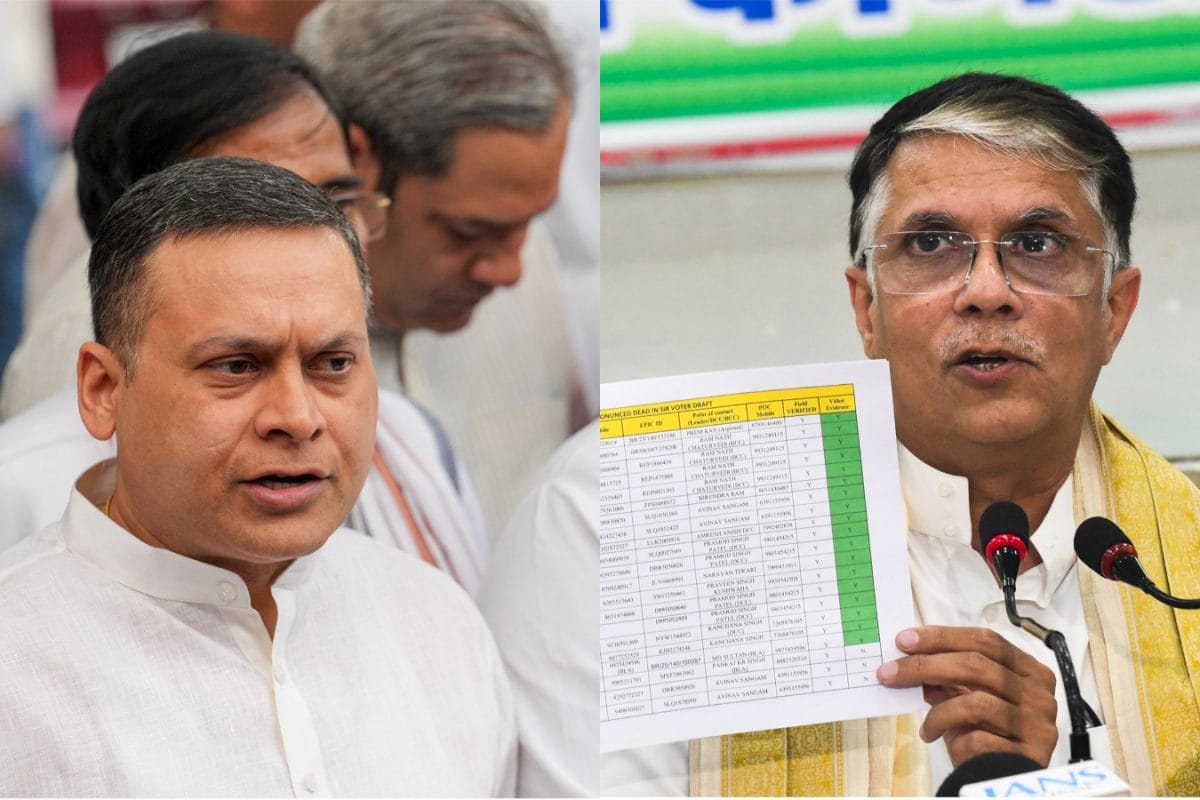

The Bharatiya Janata Party (BJP) has accused Kota Neelima, the wife of Congress leader Pawan Khera, of possessing two voter IDs. This accusation comes shortly after Pawan Khera himself faced similar allegations, raising questions about the integrity of the electoral process and prompting calls for investigation.
Amit Malviya, the head of the BJP's IT cell, has publicly stated these allegations against Kota Neelima. The specific details regarding the alleged multiple voter IDs are yet to be fully disclosed, but the BJP is demanding a thorough probe by the Election Commission.
Kota Neelima is a politician, author, researcher, political commentator, and artist. She has been involved in the Indian National Congress (INC) and has served as General Secretary of the Telangana Pradesh Congress Committee. In 2023, she was the Congress Party candidate from Sanathnagar for the Telangana Assembly. Her work often focuses on themes of rural distress, gender issues, farmer suicides, and the margins of democratic societies. She is the author of "Widows of Vidarbha: Making of Shadows" and other novels. She holds a Ph.D. in Political Science from the University of Delhi and a Master of Arts in International Relations from Jawaharlal Nehru University.
The possession of multiple voter IDs is illegal in India, as it can lead to electoral fraud and manipulation. Each citizen is entitled to only one voter ID, which is used to verify their identity and prevent double voting. If the allegations against Kota Neelima are proven true, she could face legal consequences, and it could also impact her political career.
The Election Commission of India is responsible for conducting free and fair elections in the country. It has the authority to investigate allegations of electoral malpractice, including the possession of multiple voter IDs. The BJP's demand for an investigation is aimed at ensuring that the electoral process is not compromised and that those who violate the law are held accountable.
This controversy comes at a politically sensitive time, as elections are approaching. Accusations of electoral misconduct can erode public trust in the democratic process and create an environment of suspicion and mistrust. It is crucial that the Election Commission takes these allegations seriously and conducts a thorough and impartial investigation to determine the truth and take appropriate action.